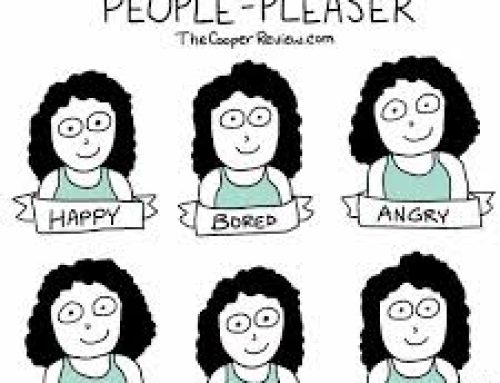
Have you wondered “how can I help my depressed child?” Depression is a condition that can affect a child’s ability to connect with friends and family, enjoy normal daily activities, attend and concentrate in school, and enjoy childhood. Proper diagnosis and a treatment plan with a licensed therapist is a good start; but it helps to know what to expect during the process and what you can do to be helpful.
Understand the symptoms
Most people think that recognizing depression is obvious. It would look like tearfulness & open sadness. For children, the defining feature of a major depressive episode is usually irritability. It is important to watch for these other symptoms as well:
What to expect from treatment
Treatment for a depression can take time and sometimes involves trial and error. No two kids are the same. It’s important to remain patient with the process to help your child feel safe. Next steps can include:
What can I do at home?
Even with medication, there is no quick fix for depression. Treatment can seem long and slow going. Parents can help support children by doing the following:
How can the school help?
It’s difficult to perform well in school when thinking and concentration are impaired by depression. It’s important to include the classroom teacher and a school counselor on the treatment team to help your child work through this difficult time. Classroom accommodations might benefit your child during this time. Talk to the classroom teacher about the following:
What can I expect from my child?
Children are not mini-adults. They are developing and changing at a rapid pace, even when they experience depression. Symptoms can intensify and lessen throughout treatment. You might find that the depression seems to have lifted, only to notice a relapse a few days later.
Irritability, feeling overwhelmed, and outbursts are common in depressed children. As hard as this can be for a parent, it is important to remain calm and focus on active listening. It’s the natural tendency for a parent to question “how can I help my depressed child” and want to “fix” the problem. It can’t be fixed or stopped. It can, however, improve. With proper treatment and supports in place, your child can thrive and enjoy childhood once again.

Stephanie Phillips, LCMHCS, NCC, CCTP
Psychotherapist & Owner
The Mindly Group, PLLC





